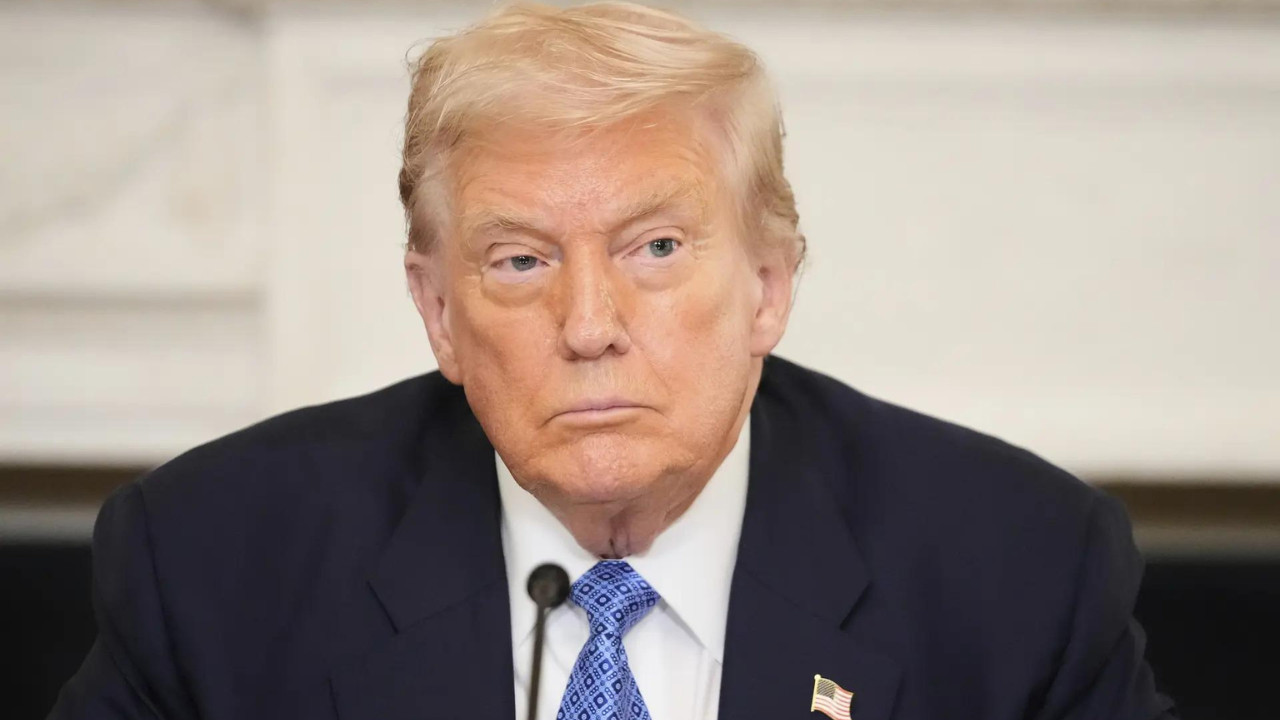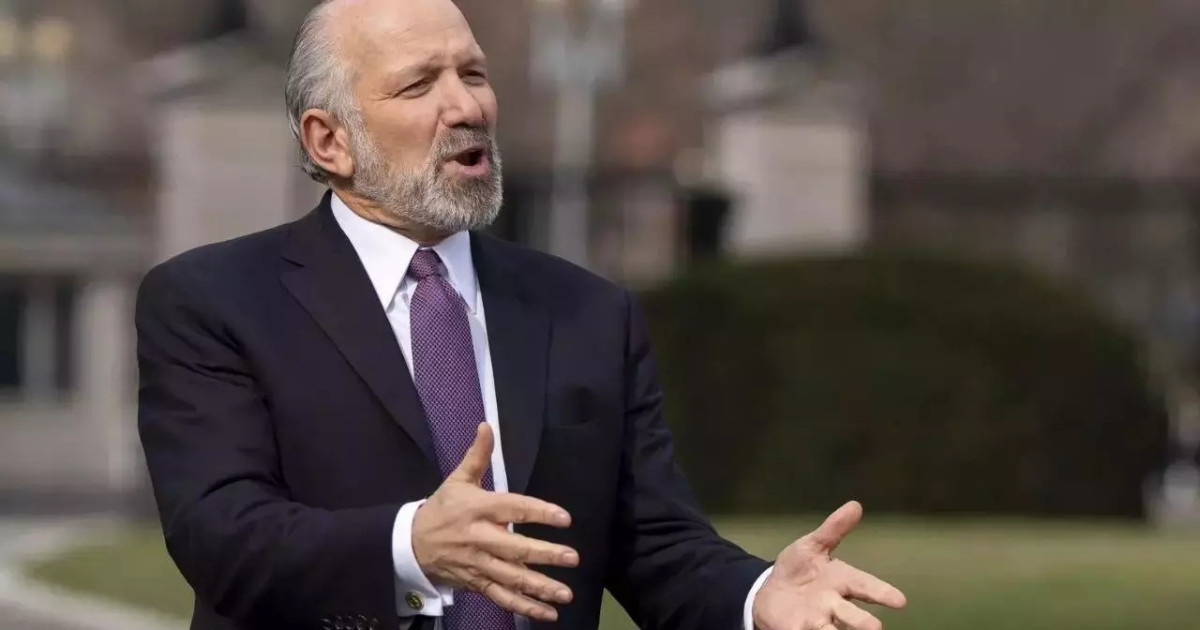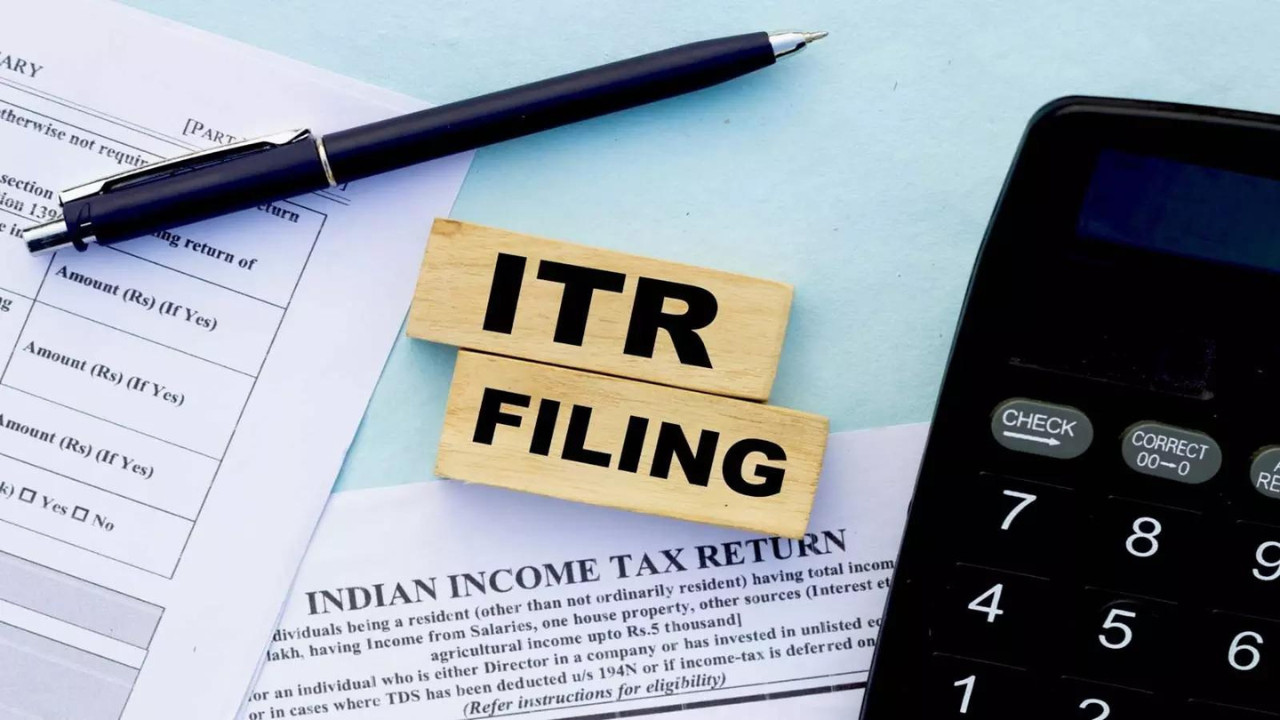Michigan Governor Gretchen Whitmer privately met with President Trump, expressing concerns about the detrimental impact of his tariffs on the state’s automotive industry. Highlighting potential economic damage, Whitmer emphasized the threat to jobs and profits within Michigan’s crucial sector. Automakers like Ford and GM have reported significant financial losses due to these tariffs, potentially hindering future investments in US factories.
Navigating the Crossroads: Can Michigan’s Auto Industry Steer Clear of Tariff Troubles?
Michigan, the heartland of American automotive manufacturing, finds itself at a critical juncture. Governor Gretchen Whitmer recently voiced urgent concerns regarding the potential impact of continued tariffs on the state’s vital auto sector, directly appealing to former President Trump for reconsideration. But what exactly is at stake, and how could these trade policies reshape the future of driving – and jobs – in the Wolverine State?
The auto industry isn’t just a collection of factories and assembly lines; it’s the lifeblood of countless communities across Michigan. It supports families, funds schools, and drives innovation. Tariffs, however, throw a wrench into the entire system. They act as a tax on imported parts and materials, significantly increasing the cost of manufacturing vehicles. Think of it like this: building a car is like baking a cake. If the price of flour, sugar, and eggs suddenly skyrockets, the final cake becomes much more expensive – and less competitive.
This cost increase doesn’t just affect the automakers themselves. It trickles down to consumers, potentially making new vehicles less affordable. Facing higher price tags, consumers might delay purchases, opting to hold onto their existing vehicles for longer or choosing more budget-friendly options from international manufacturers not subject to the same tariffs. The result? A slowdown in sales, reduced production, and, ultimately, the possibility of job losses within Michigan’s auto plants and related supply chains.

The governor’s appeal highlights a growing anxiety within the industry. Automakers are already grappling with significant investments in electric vehicle (EV) technology and infrastructure. The shift toward EVs requires massive capital expenditure, and adding the burden of increased tariff costs could stifle innovation and slow down the transition to a cleaner, more sustainable future for driving.
Consider the intricate global supply chains that modern automobile manufacturing relies on. Parts and components often cross borders multiple times before finding their way into a finished vehicle. Tariffs disrupt this complex network, adding layers of uncertainty and cost. Companies might be forced to re-evaluate their sourcing strategies, potentially shifting production to countries with more favorable trade agreements – a move that could have devastating consequences for Michigan’s workforce.
The interconnectedness of the global economy means that tariffs aren’t a one-way street. While intended to protect domestic industries, they often invite retaliatory measures from other countries. This could lead to a trade war, where multiple industries face increased costs and restricted access to international markets. For Michigan’s auto sector, this scenario could mean losing valuable export opportunities, further exacerbating the challenges posed by increased production costs.
The potential ramifications extend beyond the immediate economic impact. A weakened auto industry could have ripple effects on other sectors, including manufacturing, technology, and even education. Michigan’s universities and community colleges play a crucial role in training the next generation of automotive engineers and technicians. Reduced investment in the auto sector could diminish the demand for these programs, impacting the state’s long-term economic competitiveness.
Ultimately, the debate over tariffs in the automotive industry boils down to a delicate balancing act. Policymakers must weigh the potential benefits of protecting domestic industries against the risks of increasing costs, disrupting supply chains, and inviting retaliatory measures. The future of Michigan’s auto industry hinges on finding a path that fosters innovation, promotes competitiveness, and ensures a stable and prosperous future for its workforce. These discussions are likely to influence the ongoing conversations about the future of manufacturing in states like Tennessee, which are also experiencing a manufacturing resurgence and facing similar global economic pressures.
While the road ahead is uncertain, one thing is clear: the decisions made today will have a profound impact on the future of driving – and the future of Michigan.
(URL slug: michigan-auto-tariffs)







